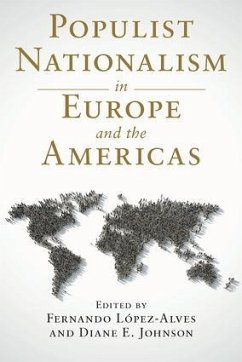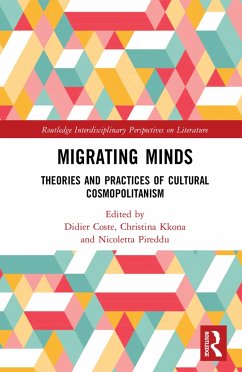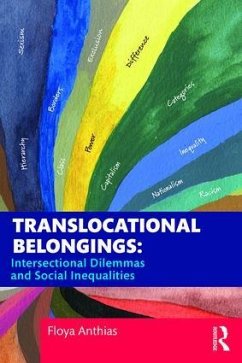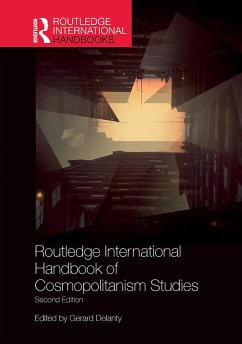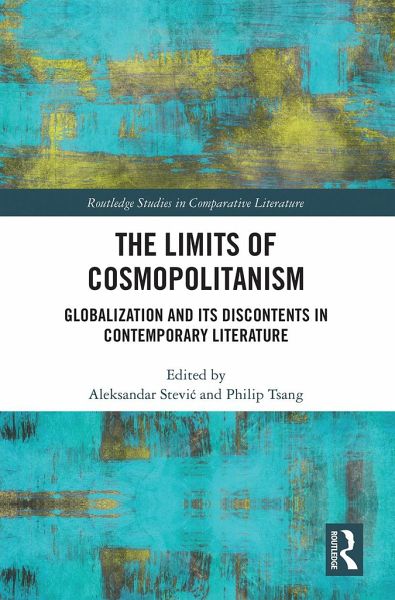
The Limits of Cosmopolitanism
Globalization and Its Discontents in Contemporary Literature
Herausgegeben: Stevic, Aleksandar; Tsang, Philip
Versandkostenfrei!
Versandfertig in 6-10 Tagen
46,99 €
inkl. MwSt.

PAYBACK Punkte
23 °P sammeln!
This book examines the limits of cosmopolitanism in contemporary literature. In a world in which engagement with strangers is no longer optional, and in which the ubiquitous demands of globalization clash with resurgent localist and nationalist sentiments, cosmopolitanism is no longer merely a horizon-broadening aspiration but a compulsory order of things to which we are all conscripted. Focusing on literary texts from such diverse locales as England, Algeria, Sweden, former Yugoslavia, and the Sudan, the essays in this collection interrogate the tensions and impasses in our prison-house of co...
This book examines the limits of cosmopolitanism in contemporary literature. In a world in which engagement with strangers is no longer optional, and in which the ubiquitous demands of globalization clash with resurgent localist and nationalist sentiments, cosmopolitanism is no longer merely a horizon-broadening aspiration but a compulsory order of things to which we are all conscripted. Focusing on literary texts from such diverse locales as England, Algeria, Sweden, former Yugoslavia, and the Sudan, the essays in this collection interrogate the tensions and impasses in our prison-house of cosmopolitanism.






